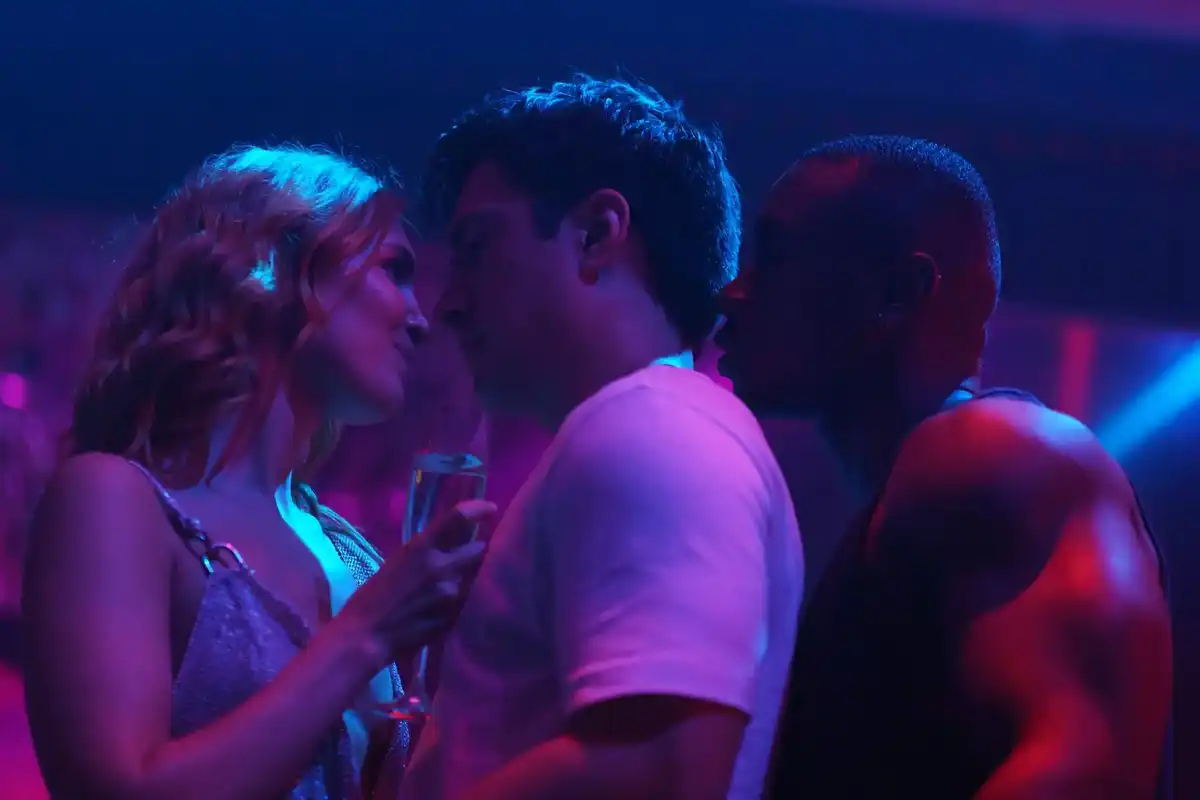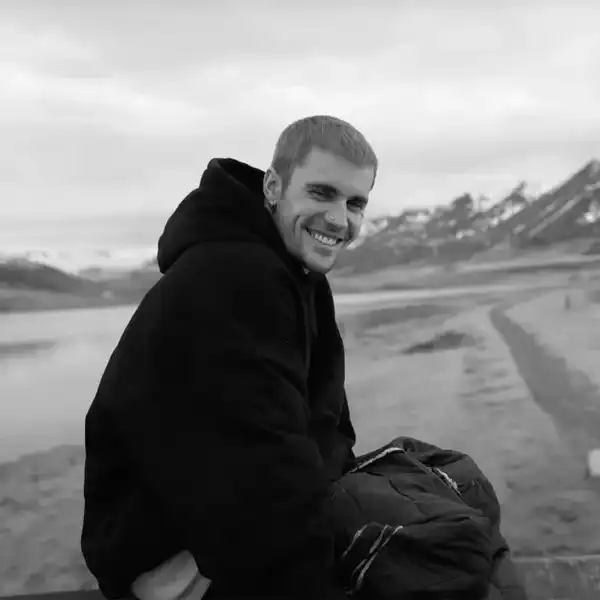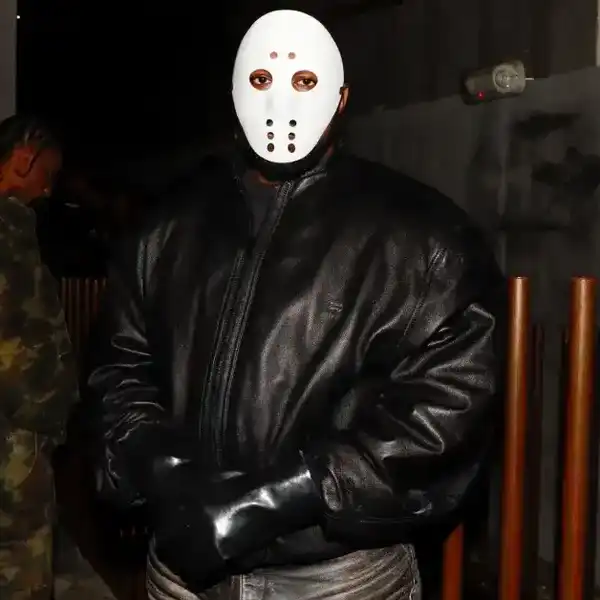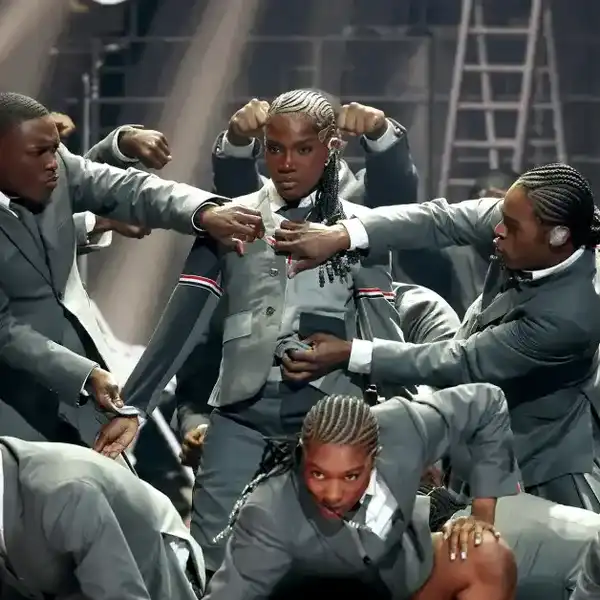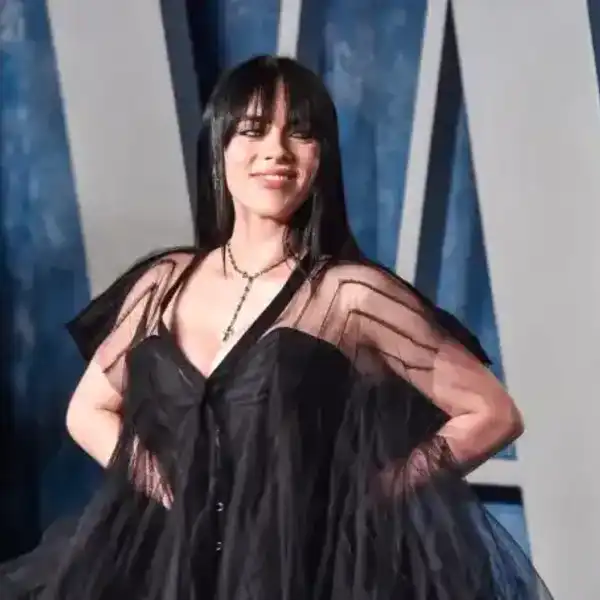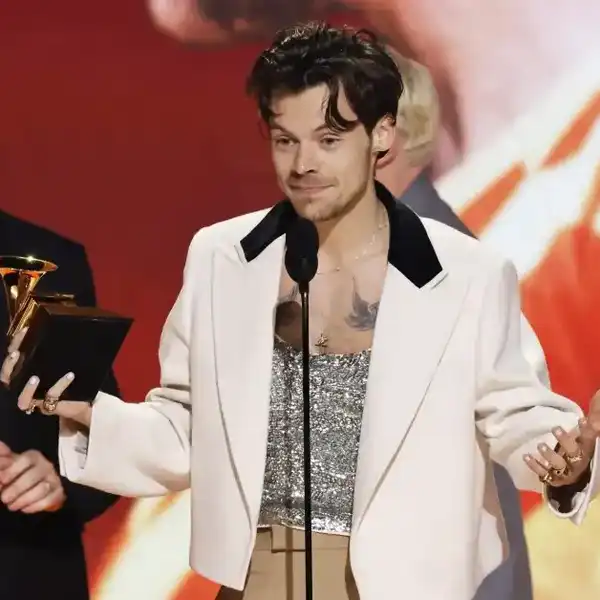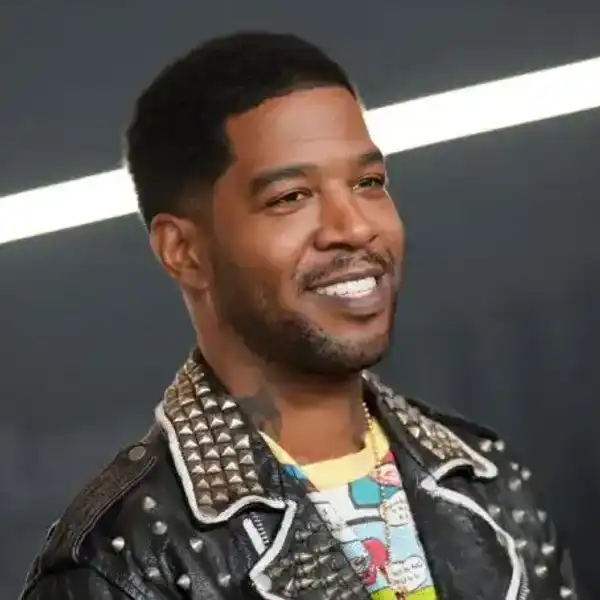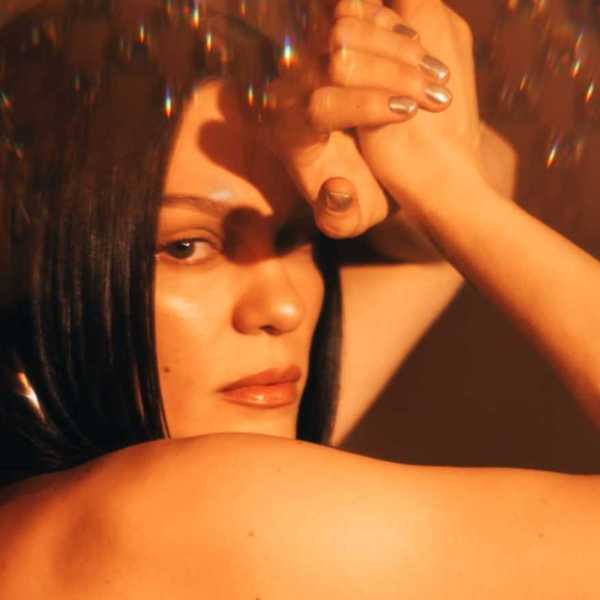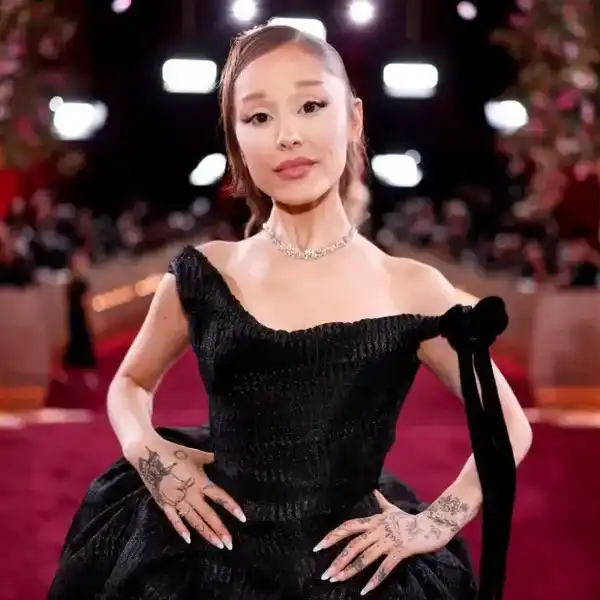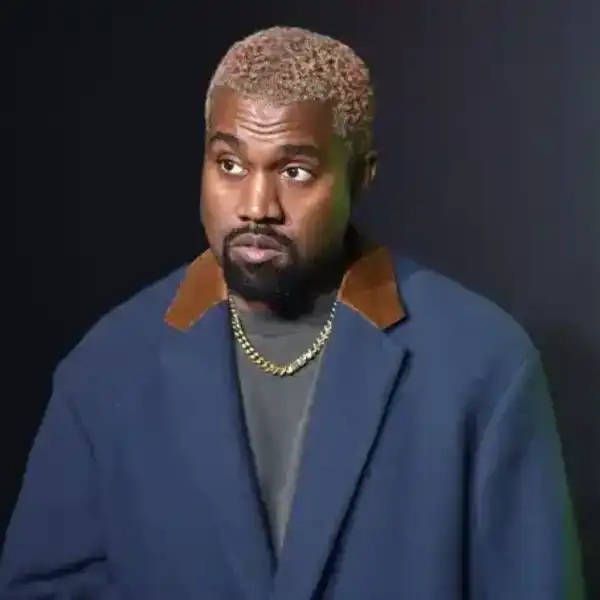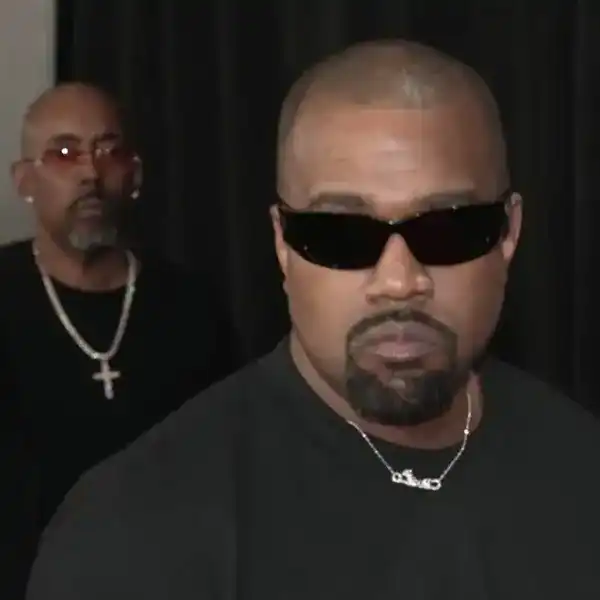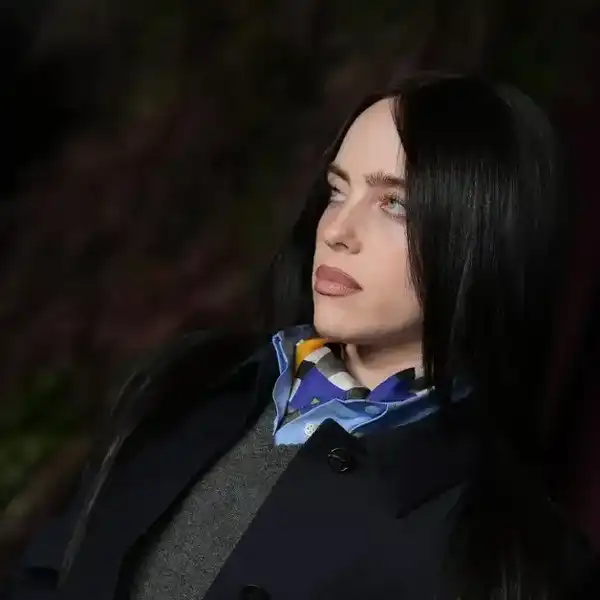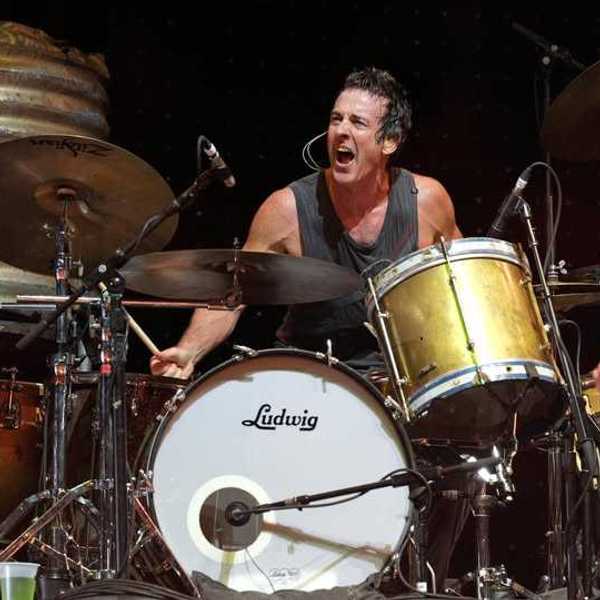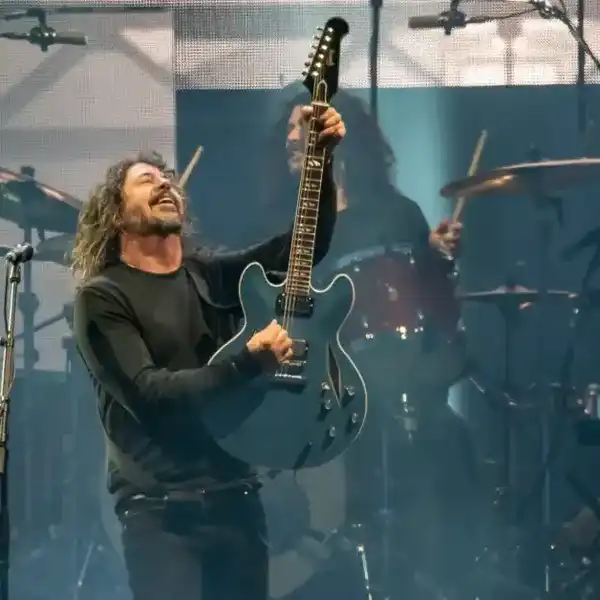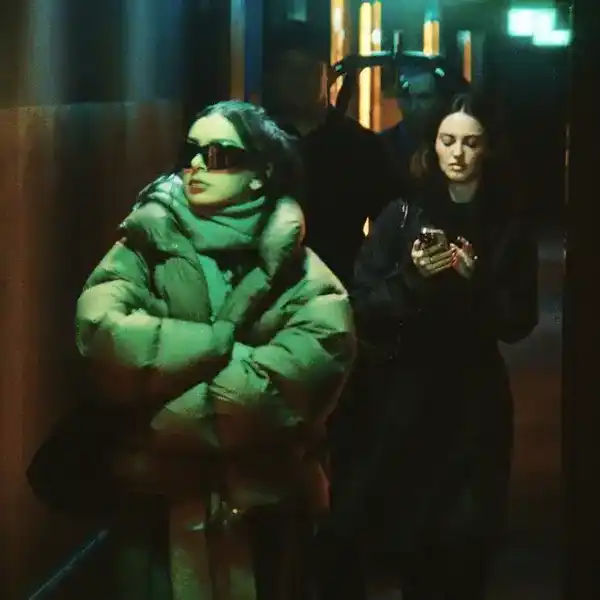Five Questions With… Brava Kilo
The solo project of in-demand Toronto bassist/composer Brian Kobayakawa launches with a debut album coming out next month. Learn more about the adventurous recording in this interview.
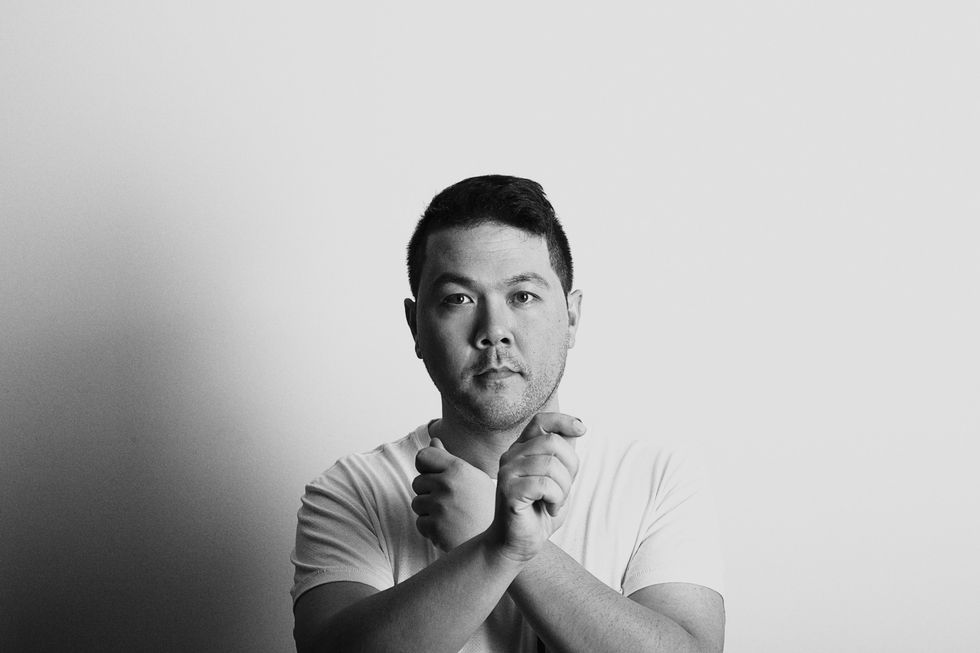
By Jason Schneider
Brava Kilo’s debut album Hang On, You Demons! – officially released June 29 – presents a new storyteller in instrumental electronic music. Formed upon compositions rife with synthesizer acrobatics and precision sample manipulation, the music also incorporates a dozen musicians playing traditional acoustic and electric instruments, and blurs the lines constantly between where synthesizers and samplers stop and pianos, marimbas, guitars and voices begin.
Better known until now by his given name Brian Kobayakawa, Brava Kilo has made a life in music for over 15 years as one of Toronto’s most in-demand session bassists and as a composer. Hang On, You Demons! was composed over a three-year span, with the personal changes in his life and approach to music over that period becoming a key part of the sound.
After studying jazz at Humber College and composition at the University of Toronto, Brava Kilo co-led his band The Creaking Tree String Quartet on a ten-year run that included four albums, four Juno Award nominations and four Canadian Folk Music Award wins. The quartet was a progressive acoustic ensemble that veered through instrumental bluegrass and jazz and chamber music, leading to Brava Kilo’s notoriety in Canada’s roots music scene. Following that, Brava Kilo focused on sideman work with some of Canada’s best known singer/songwriters, most notably touring the world with pop star Serena Ryder, with whom he has played bass and synthesizers for the last five-plus years.
As an advance taste of Hang On, You Demons!, “Waltz YaGonna Do?” is beautifully modern yet reminiscent of past fusions of jazz, electronica and R&B. You can get more info at bravakilo.com.
Where did things begin with this new project?
Pinpointing a starting point for this one is tricky. There’s a handful of moments spread out over many years that come to mind. When I was a teenager my cousin made me a mixtape of his favourite jazz records when he found out I wanted to become a musician. There was some Miles on there, some Charlie Parker, some Weather Report, some other stuff. I hadn’t listened to instrumental music at all before that, and for the next couple years I couldn’t listen to anything but.
After college I was composing and making records and touring with The Creaking Tree String Quartet. I wouldn’t trade any of that for anything, but we were a communist band, and some of my ideas were outside the comfort zone of the group. That’s when I first started thinking of doing something on my own, which was new to me, before that I only thought of music as something a band does as a group, not something an individual can do as well.
Another key moment was when I briefly was in Jully Black’s band in 2011, and they asked if I played any synth bass. I played bass guitar and double bass, and had mucked around with some computer synthesizers, but hadn’t spent any time with analog synths. I bought my first little mono synth not long after that, and started building some patches - I was hooked. Fast forward to 2015, and some sketches and improvisations that I had submitted as songs turned into grants, first from The Canada Council for the Arts, and later The Toronto Arts Council, to make an album. All of a sudden I had some funding, and more importantly, some deadlines—it was real.
What role, if any, does your other musical experience play in what you're doing as Brava Kilo?
The most important thing is that my other musical life as a touring/session bass player provides me is a steady income doing the only thing I know how to do, which is music. Playing bass with Serena Ryder, and the other great artists I get to work with is rewarding in all kinds of ways, one of which is that it earns me a living, which allows me to do what I do as Brava Kilo as a purely artistic pursuit, and not a commercial one. I don’t need to concern myself with Brava Kilo getting on the radio, or making music that’s danceable, or getting hired by festivals, or any of those other real concerns that play a much bigger role in the decision making process for lots of other artists. I can just focus on making art, and make the sole purpose of the art to make music that excites me, and attempts to express what I want it to.
What songs on the record are you particularly proud of?
I’m proud of all of it, but the last song on the record, “Boatsong 1” is a little extra special to me. That one started with an accidental discovery. I was trying to Google some relatives that I don’t know too well on the west coast. I stumbled on a site of nautical history of British Columbia, and a boat that it turned out was built by my ancestors at their boat building business in West Vancouver in the 1930s. My father was born in internment, during World War II, and I never met my grandfather who had died before I was born. My jichan and his brothers were boat builders in West Vancouver before internment.
It turns out this specific boat, The Sannox, was still on the water, owned by some really kind people on Vancouver Island, who invited me to their home, and aboard the boat when I told them about my connection to it. I took a field recorder and captured all kinds of sounds on and around that boat that day, which later became the percussion sounds, and the wavetables for synthesis that formed the bed track of that piece. It’s also the one track on the album that features my sister on oboe, so the family connections throughout that piece separate it from the others.
What song by another artist do you wish you had written?
Picking just one is too hard. Can I give you six? Bach’s Cello Suites; The Rite of Spring by Stravinsky;“Birdland” by Weather Report;“Goodbye Pork Pie Hat” by Charles Mingus; “America” by Paul Simon; “Sliding Down” by Edgar Meyer.
If you could fix anything about the music business, what would it be?
If I could un-invent our ability to record and playback music, I’d do that.

